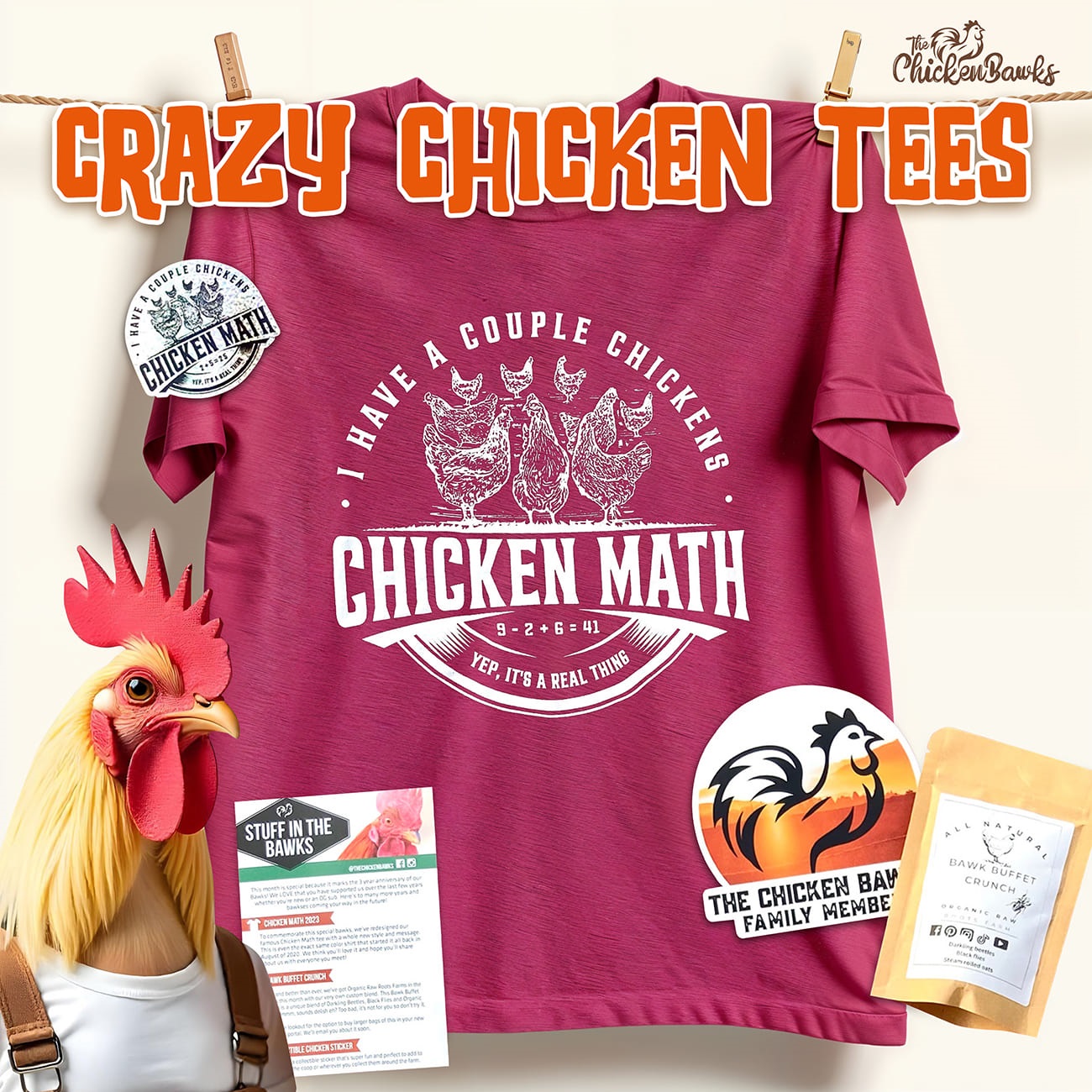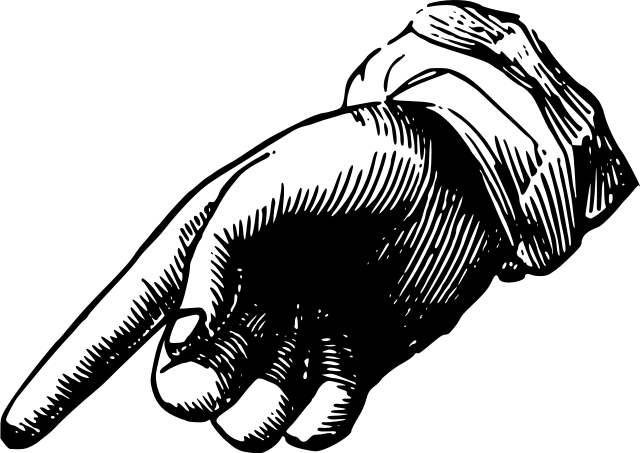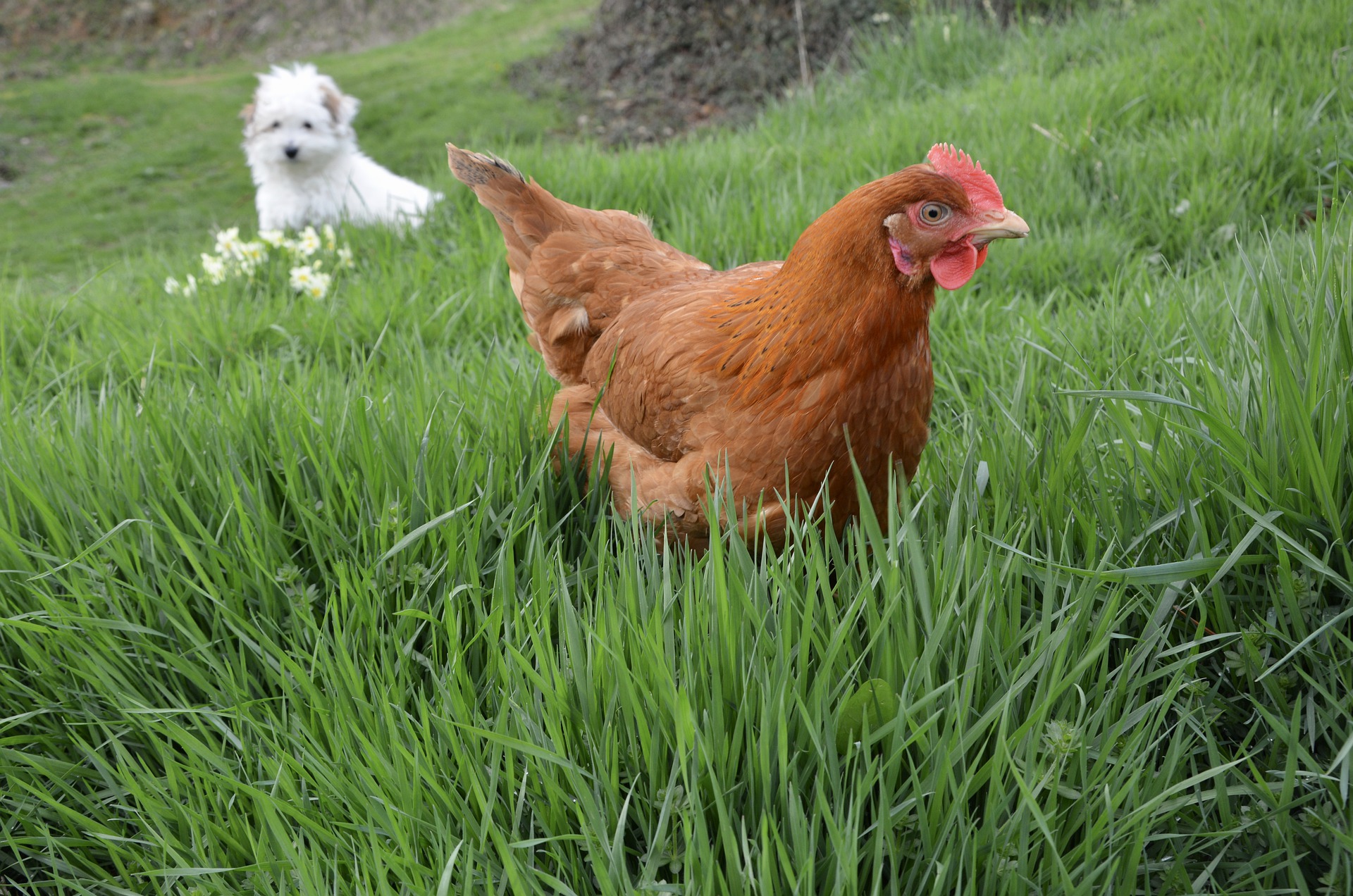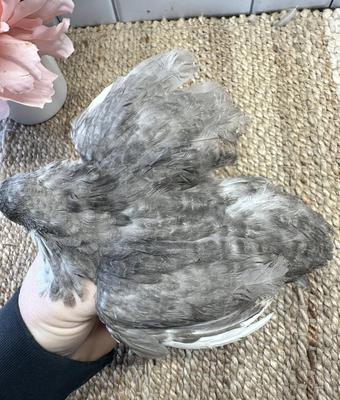What is a Double Show?
Written by John Blehm & Valerie Miller

Have you ever wondered what is meant by a double show? A double show takes place when two shows take place at the same venue sharing the same weekend, building, and show coops. These twofers are often called a “double show” and even though we are kind of stuck with the title it is misleading. I remember one guy trying to explain a double show as one show being judged twice, but that just isn’t true.
A double show has two separate shows, with separately sanctioned APA and ABA meets, separate breed club meets, separate judging, and awards. Two coop cards will be hung on each exhibition coop, one for each show. These cards will be of different colors, such as white and yellow, to designate which show they represent and after judging they will be flipped over so judges from one show aren’t influenced by the judging of the other. One show may immediately follow the other, but often both shows take place simultaneously with perhaps the bantams of one show being judged while the large fowl of the other show are judged. Some shows refer to these as Show #1 and Show #2, but since different colored coop cards are used for the two shows the shows are sometimes named for those colors, like the White Card Show and the Yellow Card Show to make it easier to distinguish between the two shows.
Two shows on the same weekend saves setting up and taking down cooping twice compared to two shows on different weekends and it saves the show club the cost of a second rental fee for the facility. This means the combined entry fee per bird at double shows is less than paying the full fee twice. The paperwork for the show superintendent is pretty much doubled though and it generally takes twice the number of judges and clerks. For exhibitors that are into earning points from their wins with the APA, ABA and breed clubs these events are great opportunities. Exhibitors also have a chance to win double the number of awards on one weekend. Of course since these two shows are completely separate of each other when it comes to judging theoretically a disqualified bird in one show could be a winner in the other, just as those things can happen when some of the same birds compete at different shows on different dates.
Please remember that a double show is really two different shows and although the same birds are in both shows the wins and results of one show have nothing to do with the other. Next time you hear about a double show being hosted, take advantage of the unique opportunity to double your chances to win points, prizes, and feedback on your birds.
What can we help you find? Search the website:
What's New Around Here?
-
WV - Coturnix Quail
Coturnix quail focusing on blue on every pattern, we also have a few blacks. We sell hatching eggs, chicks & adult birds. https://www.layintheshadefarm.org/ -
WV - SL Chocolate Orpingtons
SL Chocolate Orpingtons hatching eggs & chicks in beautiful WV Layinteshadefarm@gmail.com https://www.layintheshadefarm.org/ -
KY - Lavender Silver Laced Barnevelders
Beautiful Lavender Laced Barnevelder breeding stock. Very rare color. Almost a year old. Laying and breeding. Please contact for more details. eggapolis@gmail.com









